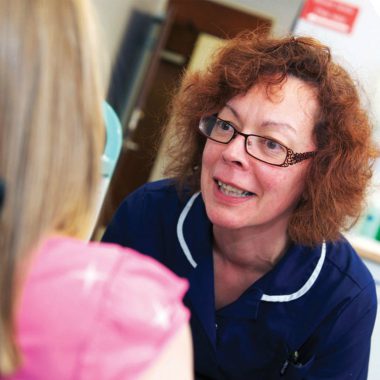The learning disabilities DES has led to a reduction in emergency admissions to hospital, study findings suggest.
A team of researchers from St George’s University London have now called for more GP practices to take up the DES.
The team compared hospital admission rates at practices that took part in the enhanced service, which incentivises yearly health checks in adult patients with intellectual disabilities, with those at non-participating practices.
Overall there was no change in emergency admissions among practices taking part in the enhanced services compared with non-participating practices.
But focusing specifically on avoidable emergency admissions – those caused by ‘ambulatory care sensitive conditions’ – revealed that admissions had fallen among participating practices, from 69 per 1,000 patients in 2009/10 to 56 per 1,000 in 2011/12.
The paper concluded: ‘Annual health checks in primary care for adults with ID did not alter overall emergency admissions, but they appeared influential in reducing preventable emergency admissions.’
By contrast, the admissions went up during this time at practices that did not participate in the enhanced service – from 70 to 77 per 1,000 patients.
After taking into account practice demographics, the researchers calculated that the enhanced service led to roughly a quarter fewer avoidable admissions over the study period.
In response, the team called for more GP practices to take part in the enhanced service, which was first introduced in 2008, to boost uptake ‘from less than 60%’ to ‘a suggested and necessary target of 90%’.
A previous study showed that the DES had led to improved care, with patients being much more likely to undergo cholesterol and smoking checks, hearing tests and medication reviews as well as having care plans put in place.
J Epidemiol Community Health 2016; available online 16 June













